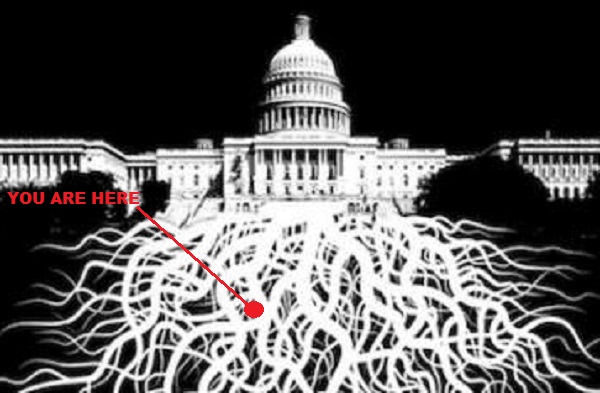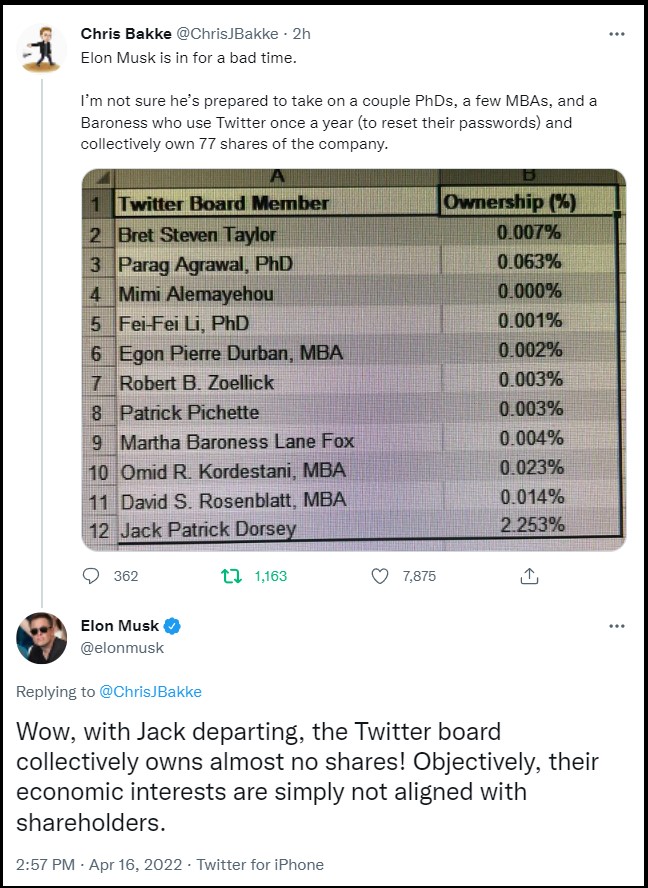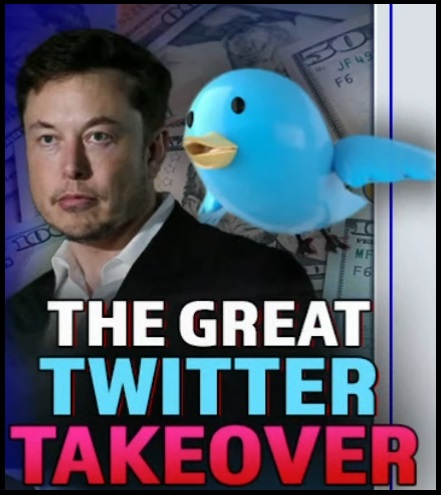Have you ever heard of Zuby? He is, believe it or not, a British rapper (who became an American citizen) with over 700,000 mostly rightward leaning Twitter followers. Zuby drops pearls of conservative wisdom on his Twitter account the way that a clumsy baby eating spaghetti with his hands drops it all over the table. Is the name Zuby still not ringing a bell? Well, maybe you will remember him from his Joe Rogan appearance:
Of course, you may also recall when he briefly identified as female, broke the women’s deadlift record in England, then went back to identifying as male again:
Zuby has a mind like a razor blade and on a daily basis, he’s saying things a lot more Americans need to hear. With that in mind, here are Zuby’s 20 best quotes about culture. Enjoy!
20) Kids in 1995: "Sticks and stones may break my bones, but words can never hurt me." Adults in 2021: "Words are literally violence."
19) Not being a complete degenerate is the new counterculture.
18) Pronouns in bio is a telltale sign of narcissism, weakness, neuroticism, self-righteousness, rigid leftism, desire to control, and susceptibility to groupthink - all under a faux mask of “kindness” & “inclusivity.” AKA a cacophony of red flag personality and ideological traits
17) If you're reading this, then you're probably not oppressed. Not only are you not oppressed, but it's unlikely that anybody cares about you enough to oppress you. Perhaps you're oppressed by your own mindset. That's tragic.
16) 90% of my political philosophy is:
- Leave me alone.
- Don't hurt people.
- Don't take people's stuff.
- Leave me alone.
To some, that's “far-right” now.
15) A great sign of a decadent society is one where people actively fight to have their rights removed and freedoms restricted.
14) Science is supposed to be challenged, questioned, tested, and scrutinized. That's the entire point. If that is not permissible and basic lines of inquiry are censored or taboo, then it's not science, but secular dogma.
13) I preferred it when corporations just sold me stuff, without needing to remind me every 12 minutes that they really like black people.
12) Too many people have forgotten how to mind their own business and it's creating infinite problems for everybody else.
11) You can be in favor of something but opposed to it being mandatory. You can be against something, but not in favor of it being banned. Smart people understand this.
10) The government will take your natural rights, your liberty, your job, and your hard-earned money, all without your consent. And then act like they're doing you a huge favor when they're “given” back to you. And people fall for it every time. Many even thank them.
9) A lot of people on “the left” talk like being black is a disability and it pisses me off. Then they start trying to talk down to me and lecture me with their “structural,” “systemic,” and “institutional” BS. I'm blessed. Not handicapped. I don't want your “education.”
8) Our society constantly oversimplifies things that are highly complex, whilst making the most basic things appear highly complicated.
7) There are not enough evil people in the world to screw things up by themselves. It requires large-scale complicity, via apathy or fear.
6) The notion that you can simply “identify as” whatever you wish, and that everybody must instantly accept it and play along 100% without asking any questions, is possibly the silliest idea in modern society.
5) Millions of people in the West have replaced God with Pfizer and they don't even know it... It is safer to question, criticize, attack, and mock God than the Pfizer shot. Tell me I'm wrong.
4) What used to be called a bad experience is now “trauma.”
Concern is now “anxiety.”
Feeling offended is now “harm.”
Sadness is now “depression.”
Bad memories are “PTSD.”
Stop it.
3) If you ever doubt your intelligence, remember that millions of people lived through the past 2 years and concluded the government should have more power over their lives.
2) Forget “right” and “left” for a moment... The real battle is between people who want to be left alone and those who refuse to leave other people alone. Always has been. Always will be.
1) The weird thing about the modern West is the majority of the population bows to the weakest, whiniest, most dweeby members of society. How can a handful of dorks silence and control most of the population? Stop letting these dweebs bully you.











